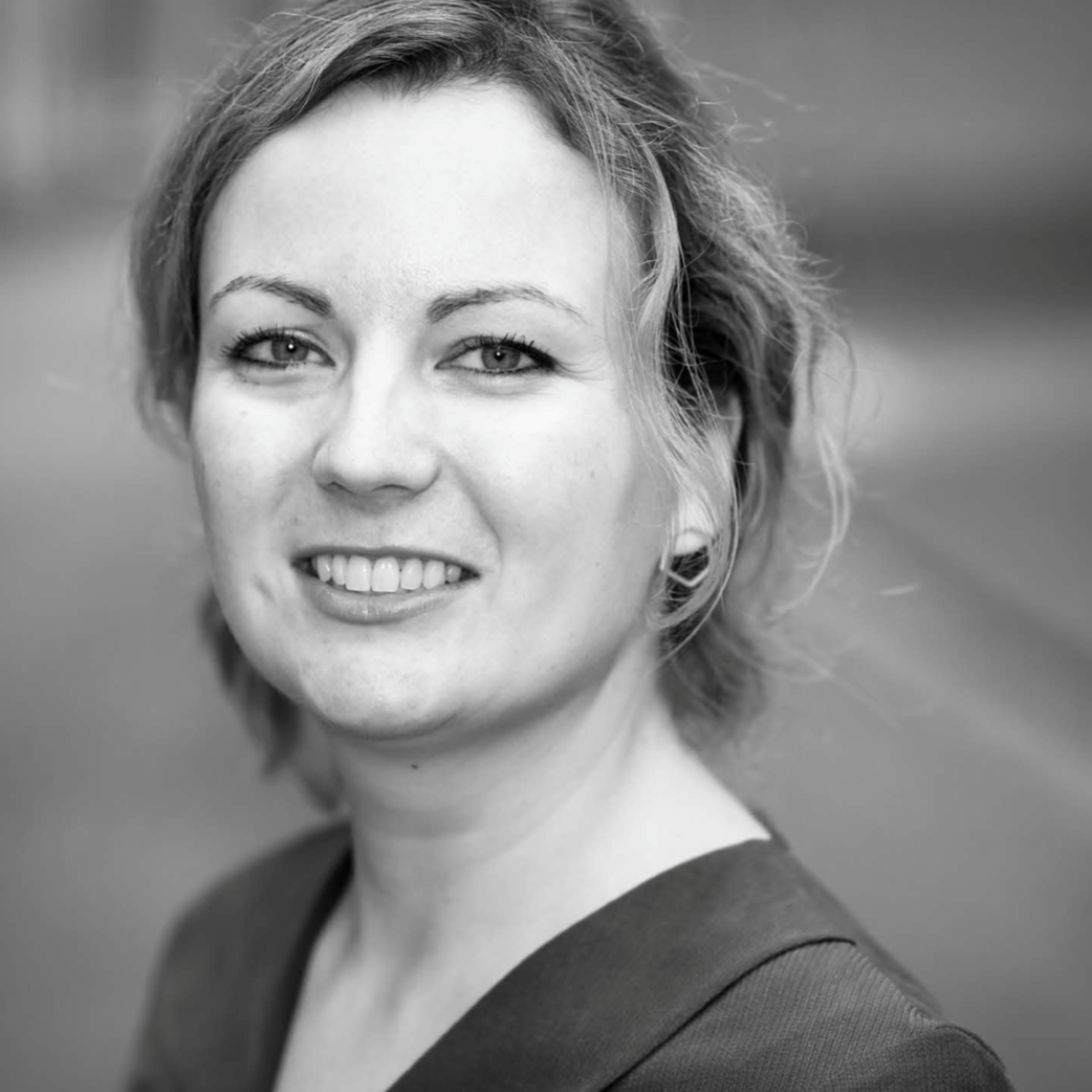Reflecting on Earth Day: Exploring Sustainability, Circular Economies, and Climate Change Solutions
On Earth Day, we thought it a good time to discuss topics like sustainability, circular economies, and other themes that touch upon climate change and the preservation of our earth by revisiting some of our academics' research.
The importance of sustainable and resilient energy consumption
Inflation combined with subsequent high energy prices, as we have experienced here in Europe this past year, severely hurt households and firms. While it is the role of policymakers to address these challenges, we individual consumers are not completely powerless. The key: change our behaviour.
"Individual households and firms can do little to nothing against inflation. However, they can and should act to reduce the effect of extremely high energy prices on their standards of living" - Clemens Kool
Clemens explains that one approach is to become less dependent on energy by reducing our use of it. Lower energy demand by accepting lower temperatures in our homes and offices puts downward pressure on energy prices as well. But also investing in more sustainable housing and in, for example, isolation contributes. A second parallel approach is to invest in the development of alternative sources of energy.
In this blog post, you can read more about Clemens Kool's analysis of the energy crisis, as well as his advice on how to build a more resilient and sustainable society.

Companies should actually encourage you to buy less
Excessive consumption is a major contributor to climate change as it leads to increased greenhouse gas emissions. To add to this, the manufacturing and disposal of products generate significant amounts of waste and pollution, which further contribute to climate change.
In her research, Nancy Bocken explores the role of businesses in reducing waste and how new business models could help incentivise both companies and consumers to reduce waste. For instance, one of Nancy's research projects, Circular X, is now developing a new field in sustainability studies focused on experimentation.
In addition to this, Nancy and her colleagues are currently organising the conference New Business Models 2023. During this event, which will take place here in Maastricht this summer, academics will share and explore the latest developments around business models and how they contribute to societal and economic developments, including sustainability, circular economy, social entrepreneurship, and community-based business.

How pollution negatively affects our physical and mental health
What consequences does air pollution have for technicians, managers, and other knowledge-based-worker? How does this impact the already scarce labour market? Watch the latest episode of Talking Business and Economics.
This video is based on the paper "Indoor Air Quality and Strategic Decision Making" by SBE researchers Nico Pestel, Steffen Künn and Juan Francisco Palacios, in which they explain how poor air quality has a negative impact on problem-solving and strategic decision-making skills.
You can find more interesting videos and blogs on your YouTube channel and our Blog page!
Also read
-
Innovation, growth, and the Schumpeterian Legacy | SBE Academics React to Nobel Prize in Economics 2025
This year’s Nobel Prize in Economics was awarded to Joel Mokyr, Philippe Aghion, and Peter Howitt for their groundbreaking research on innovation-driven economic growth. SBE academics reflect on the laureates’ contributions, the enduring influence of Schumpeterian ideas, and the insights their work...

-
Warming up the classroom: music, mindfulness, and reflection in PBL
Athletes must warm up and concentrate before any performance. Why, then, do we expect our students to instantly become active when they enter a Problem-Based Learning (PBL) session?

-
Innovation, growth, and the missing pieces: a broader perspective on the 2025 Nobel Prize in Economics - Tania Treibich
Tania Treibich examines the 2025 Nobel Prize in Economics laureates’ contributions to understanding the dynamics of innovation, showing how their research demonstrates that technological change, entrepreneurial investment, and competition are central to sustained economic growth.
